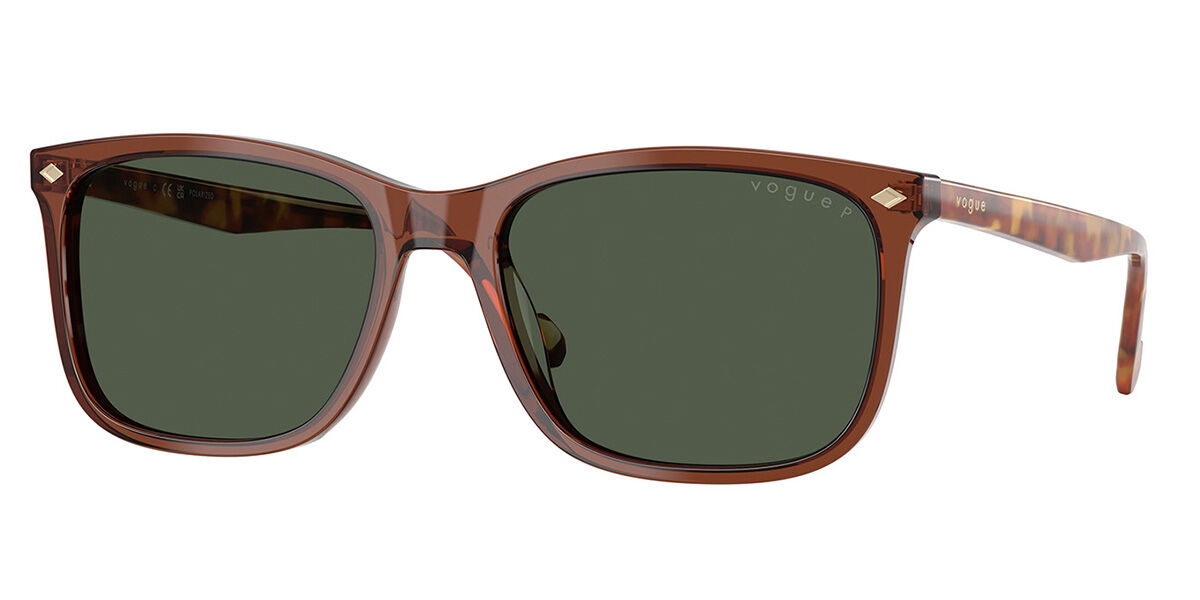Maintaining good oral hygiene is crucial for your dog's overall health. Poor dental care can lead to plaque buildup, bad breath, gum disease, and even more severe health conditions such as heart disease and kidney infections. Despite its importance, many pet owners overlook their dogs' oral care, leading to complications that could have been prevented with simple, routine maintenance.
This comprehensive guide will explore everything you need to know about canine oral care, including the importance of dental hygiene, methods for maintaining oral health, recommended products, and signs of dental problems in dogs.
Why Canine Oral Care Is Important
1. Prevents Dental Diseases
Like humans, dogs are susceptible to dental diseases such as gingivitis, periodontitis, and plaque buildup. Without proper care, bacteria accumulate in the mouth, leading to infections that can cause tooth loss and gum inflammation.
2. Reduces Bad Breath
If your dog's breath has an unpleasant odor, it could be a sign of bacteria buildup. Routine oral care helps keep bad breath at bay and ensures your dog’s mouth stays fresh and clean.
3. Prevents Systemic Health Issues
Poor oral health doesn’t just affect the mouth; it can also impact a dog’s overall health. Bacteria from untreated dental infections can enter the bloodstream, potentially leading to serious conditions like heart disease, liver infections, and kidney damage.
4. Promotes Better Nutrition
Dental problems can make eating difficult for dogs, leading to weight loss, nutritional deficiencies, and digestive issues. Keeping your dog's teeth healthy ensures they can chew their food properly and enjoy a nutritious diet.
Signs of Dental Problems in Dogs
Recognizing the early signs of dental problems can help prevent more serious conditions. Here are some warning signs to watch for:
Bad breath (halitosis)
Excessive drooling
Difficulty chewing or loss of appetite
Red, swollen, or bleeding gums
Yellow or brown tartar buildup on teeth
Loose or missing teeth
Pawing at the mouth
If you notice any of these symptoms, consult your veterinarian for a dental checkup.
How to Maintain Your Dog’s Oral Health
1. Regular Brushing
Brushing your dog’s teeth is the most effective way to prevent plaque and tartar buildup. Follow these steps to establish a brushing routine:
Use a dog-specific toothbrush or a finger brush.
Choose enzymatic toothpaste made for dogs (never use human toothpaste, as it contains xylitol, which is toxic to dogs).
Start slow, allowing your dog to get used to the process.
Brush in small circular motions along the gum line.
Aim for at least 3-4 times per week, but daily brushing is ideal.
2. Dental Chews and Toys
Dental chews and toys can help reduce plaque by mechanically scraping off buildup while your dog chews. Look for vet-approved products that promote dental health.
3. Professional Veterinary Cleanings
Annual or biannual professional cleanings are necessary, especially if your dog has significant plaque accumulation. Veterinarians use specialized tools to clean below the gum line, which is difficult to achieve with at-home methods.
4. Water Additives and Dental Wipes
Water additives contain antibacterial ingredients that help freshen breath and reduce plaque.
Dental wipes are an alternative for dogs who resist brushing.
5. Proper Diet and Nutrition
Feeding your dog a balanced diet plays a role in oral health. Consider:
Dry kibble over wet food, as dry food can help scrape plaque off teeth.
Special dental diets that are designed to reduce tartar.
Natural treats like carrots or apples, help clean teeth as dogs chew.
Best Dental Products for Dogs
If you’re looking for effective canine dental care products, here are some highly recommended options:
Toothbrushes and Toothpaste
Virbac C.E.T. Enzymatic Dog Toothpaste
Vet’s Best Enzymatic Dog Toothpaste
H&H Pets Dog Toothbrush Set
Dental Chews
Greenies Dental Treats
Whimzees Natural Dental Chews
Milk-Bone Brushing Chews
Water Additives
Oxyfresh Dog Water Additive
TropiClean Fresh Breath Oral Care
Dental Toys
KONG Dental Stick
Nylabone Dental Chew Toy
Benebone Real Flavor Dental Chew
How Often Should You Clean Your Dog’s Teeth?
Brushing: At least 3-4 times per week (daily if possible).
Dental chews: A few times per week.
Professional cleanings: Once a year or as recommended by your vet.
Water additives: Daily, added to drinking water.
Breed-Specific Dental Care Considerations
Certain dog breeds are more prone to dental issues than others.
Small Breeds
Breeds like Chihuahuas, Yorkies, and Pomeranians tend to have overcrowded teeth, making them more susceptible to plaque buildup. Regular brushing and professional cleanings are crucial.
Brachycephalic Breeds
Dogs with flat faces, such as Bulldogs, Pugs, and Boxers, often have misaligned teeth, which can lead to increased plaque accumulation. Dental chews and water additives can help maintain oral hygiene.
Large Breeds
While large breeds may not be as prone to overcrowding, they still require regular dental care to prevent tartar buildup and gum disease.
Myths About Canine Oral Care
1. Dogs Don’t Need Their Teeth Brushed
False! While wild dogs don’t have toothbrushes, they maintain oral health by chewing on bones and raw meat, which isn't the case for most domesticated dogs.
2. Bad Breath is Normal for Dogs
A slight odor is natural, but persistent bad breath could indicate an underlying dental issue that requires attention.
3. Dry Kibble is Enough to Clean a Dog’s Teeth
While kibble can help, it’s not enough to completely prevent plaque and tartar buildup. Brushing, dental chews, and professional cleanings are still necessary.
4. Dogs Can Chew on Bones for Dental Health
While some raw bones can help, cooked bones can splinter and cause injuries. Always consult your vet before giving your dog bones.
Final Thoughts
Taking care of your dog’s teeth is just as important as other aspects of their health. By incorporating regular brushing, dental treats, professional cleanings, and proper nutrition, you can help prevent serious dental diseases and keep your furry friend’s mouth clean and healthy.
Start today! Your dog will thank you with fresh breath, a happy smile, and overall better health.








No comments:
Post a Comment